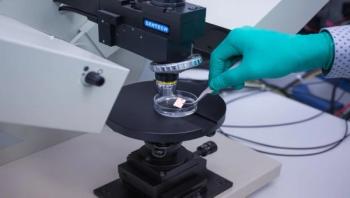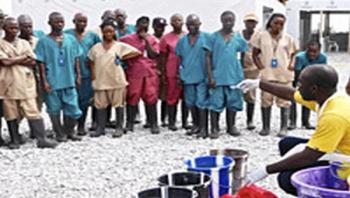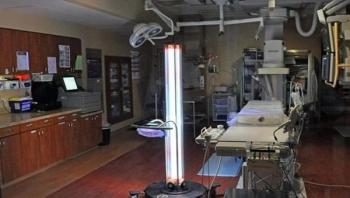
News




Researchers from the Laboratory of Nanooptics and Plasmonics, Moscow Institute of Physics and Technology - MIPT in Russia have devised a novel type of graphene oxide (GO) based biosensor that could potentially significantly speed up the process of drug development. The outstanding properties of this carbon allotrope help to improve significantly the biosensing sensitivity, which in future may enable the development of new drugs and vaccines against many dangerous diseases including HIV, hepatitis and cancer.







This report illustrates a common violation of Occupational Safety and Health Administration (OSHA) standards in the healthcare laundry environment, reviews the OSHA inspection process, and provides best practices for staying compliant. It also outlines best practices for handling contaminated healthcare textiles.





Scientists from the Institute of Molecular and Cell Biology (IMCB), a research institute under the Agency for Science, Technology and Research (A*STAR), Singapore, have uncovered the mechanisms which embryonic stem cells employ to inhibit virus expression. The ground-breaking discovery could potentially advance stem cell therapeutics and diagnostics.






As drug-resistant strains of bacteria and viruses continue to arise, St. Mary’s Health Care System in Athens, Ga. is taking an innovative step to help protect patients from infection: the Athens hospital is the first in Northeast Georgia to use powerful ultraviolet radiation to treat surgical suites, isolation rooms and other areas of the hospital.

With influenza season approaching, health experts at a news conference held at the National Press Club by the National Foundation for Infectious Diseases (NFID) reinforced the need for everyone six months of age and older to get vaccinated with updated 2015-2016 vaccine. Influenza vaccination coverage estimates have steadily increased, particularly over the past five years, and are highest in young children and older adults, who are among those most vulnerable to severe complications from the flu.







The Food and Drug Administration (FDA) has issued a communication to healthcare professionals to share preliminary information regarding infections associated with the use of reprocessed flexible bronchoscopes.